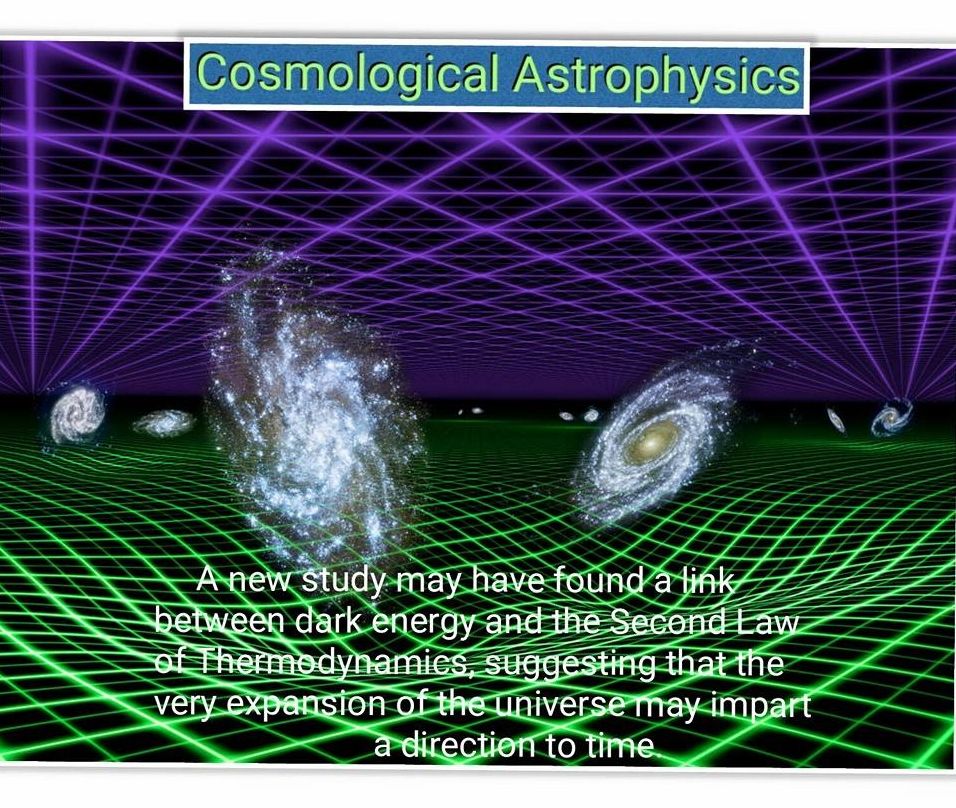Interesting…
First, we take ‘Time’, as we know it’s one of those things that we take for granted—time moves forward and never backward. But did you ever stop to wonder why it moves in one direction, as opposed to the other?
The question continues to stump physicists. After all, there are certain physical processes that are actually time-reversible—they look the same no matter which way you run them.
For example, gravity operates the same way regardless of Time’s Arrow; a planet will orbit a star in exactly the same way, just with the direction of that orbit reversed. But there is one aspect of the universe that is dependent on the direction of Time’s Arrow: the Second Law of Thermodynamics. This states that the disorder of a closed system (such as our universe) must increase, never decrease.
It’s commonly called “entropy,” and it’s why broken eggs don’t suddenly reassemble themselves, or why dead things don’t suddenly come back to life. Disorganization and chaos are downhill, order and complexity are uphill; complex systems like stars and planets and human beings may emerge locally, but they require an inordinate amount of energy to create, which only increases the overall entropy of the system.
This is why the Second Law of Thermodynamics is universally reckoned as the mechanism that imparts directionality to time—although, understanding the how of a thing is not the same as understanding the why of it.
Now, we see the connection of Dark Energy,
In the question to understand the origins of Time’s Arrow, two Armenian physicists, A. E. Allahverdyan and V. G. Gurzadyan, decided to search for a link between so-called “dark energy” and the Second Law of Thermodynamics. Dark energy is a mysterious quantity that is proposed as an explanation for why the universe is continuing to expand, rather than decelerating and collapsing, as our current understanding of gravity dictates it should.
